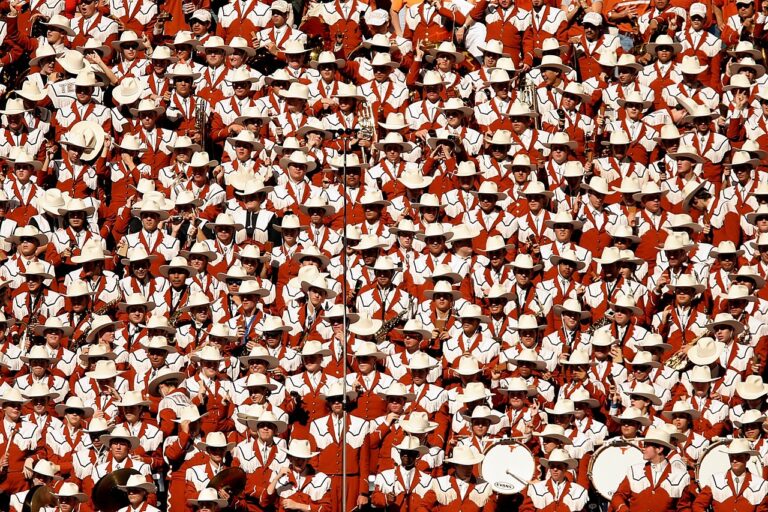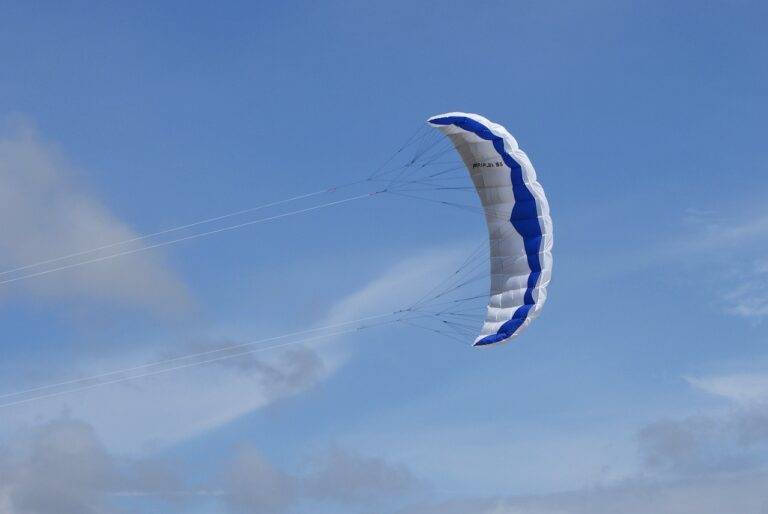The Influence of Environmental Toxins on IPL Athletes’ Nutrition: Betbhai99, Radhe exchange download apk, 99 exchange login
betbhai99, radhe exchange download apk, 99 exchange login: Environmental toxins can pose a significant threat to the health and performance of athletes, including those competing in the Indian Premier League (IPL). These toxins can be found in various forms, such as air pollution, water contamination, and pesticide residues in food. The impact of environmental toxins on the nutrition of IPL athletes is a growing concern, as it can affect their overall well-being and athletic performance.
Nutrition plays a crucial role in an athlete’s performance, recovery, and overall health. IPL athletes need to consume a well-balanced diet rich in nutrients to support their training and match demands. However, environmental toxins can interfere with the nutritional quality of food and beverages consumed by athletes, leading to potential health risks and performance limitations.
1. Air Pollution
Air pollution is a major environmental toxin that can affect the quality of the air athletes breathe during training sessions and matches. High levels of air pollution can lead to respiratory issues, such as asthma and bronchitis, which can impact an athlete’s performance on the field. Additionally, air pollutants can contaminate fruits and vegetables grown in polluted areas, affecting the nutritional quality of these foods.
2. Water Contamination
Water contamination is another concern for IPL athletes, as they need to stay hydrated and drink clean water to maintain optimal performance. Contaminants such as lead, arsenic, and pesticides can be present in water sources, posing health risks to athletes. Consuming contaminated water can lead to digestive issues, nutrient deficiencies, and compromised immune function.
3. Pesticide Residues in Food
Pesticide residues in food are a common source of environmental toxins that can affect the nutrition of IPL athletes. Consuming fruits, vegetables, and grains contaminated with pesticides can expose athletes to harmful chemicals that may interfere with their metabolism and immune system. Organic produce is a safer choice for athletes looking to avoid pesticide residues and prioritize their nutrition.
4. Food Safety and Quality
Ensuring the safety and quality of food consumed by IPL athletes is essential for supporting their performance and well-being. Athletes should prioritize organic, locally sourced, and unprocessed foods to minimize exposure to environmental toxins. Choosing whole foods over processed options can help athletes meet their nutrient needs and reduce the risk of ingesting harmful chemicals.
5. Supplementation
In some cases, IPL athletes may need to supplement their diet with vitamins, minerals, or antioxidants to counteract the effects of environmental toxins on their nutrition. Working with a sports nutritionist or dietitian can help athletes identify their specific nutritional needs and develop a supplementation plan tailored to their requirements.
6. Hydration
Hydration is key for IPL athletes to maintain their performance levels and recover effectively after training sessions and matches. Ensuring access to clean, filtered water sources and electrolyte-rich beverages is crucial for supporting athletes’ hydration needs and minimizing the risks associated with water contamination.
Ultimately, the influence of environmental toxins on IPL athletes’ nutrition underscores the importance of adopting a holistic approach to health and wellness. By prioritizing clean air, water, and food sources, athletes can optimize their nutrition and performance on the field. Staying informed about environmental issues and taking proactive steps to mitigate their impact can help IPL athletes thrive in a challenging and competitive sporting environment.
FAQs
Q: How can IPL athletes protect themselves from environmental toxins?
A: IPL athletes can protect themselves from environmental toxins by choosing organic, locally sourced foods, staying hydrated with clean water sources, and working with nutrition professionals to optimize their diet and supplementation.
Q: Are there any specific dietary guidelines for IPL athletes to follow?
A: IPL athletes should focus on consuming a well-balanced diet rich in fruits, vegetables, lean proteins, whole grains, and healthy fats to support their training and match demands.
Q: What role does hydration play in the performance of IPL athletes?
A: Hydration is crucial for IPL athletes to maintain their performance levels, regulate body temperature, and support recovery after intense training sessions and matches. Athletes should prioritize staying hydrated with clean water sources and electrolyte-rich beverages.







